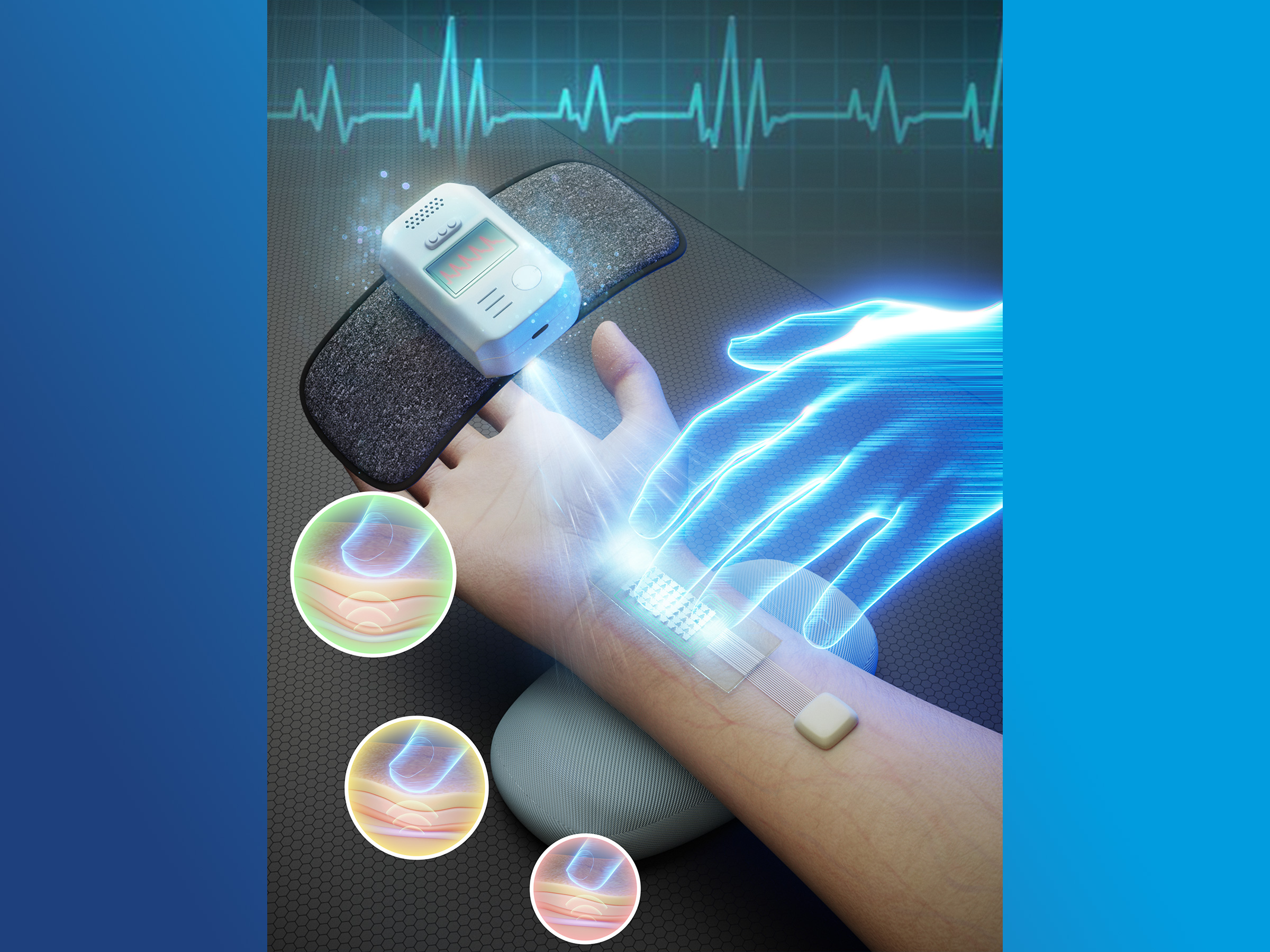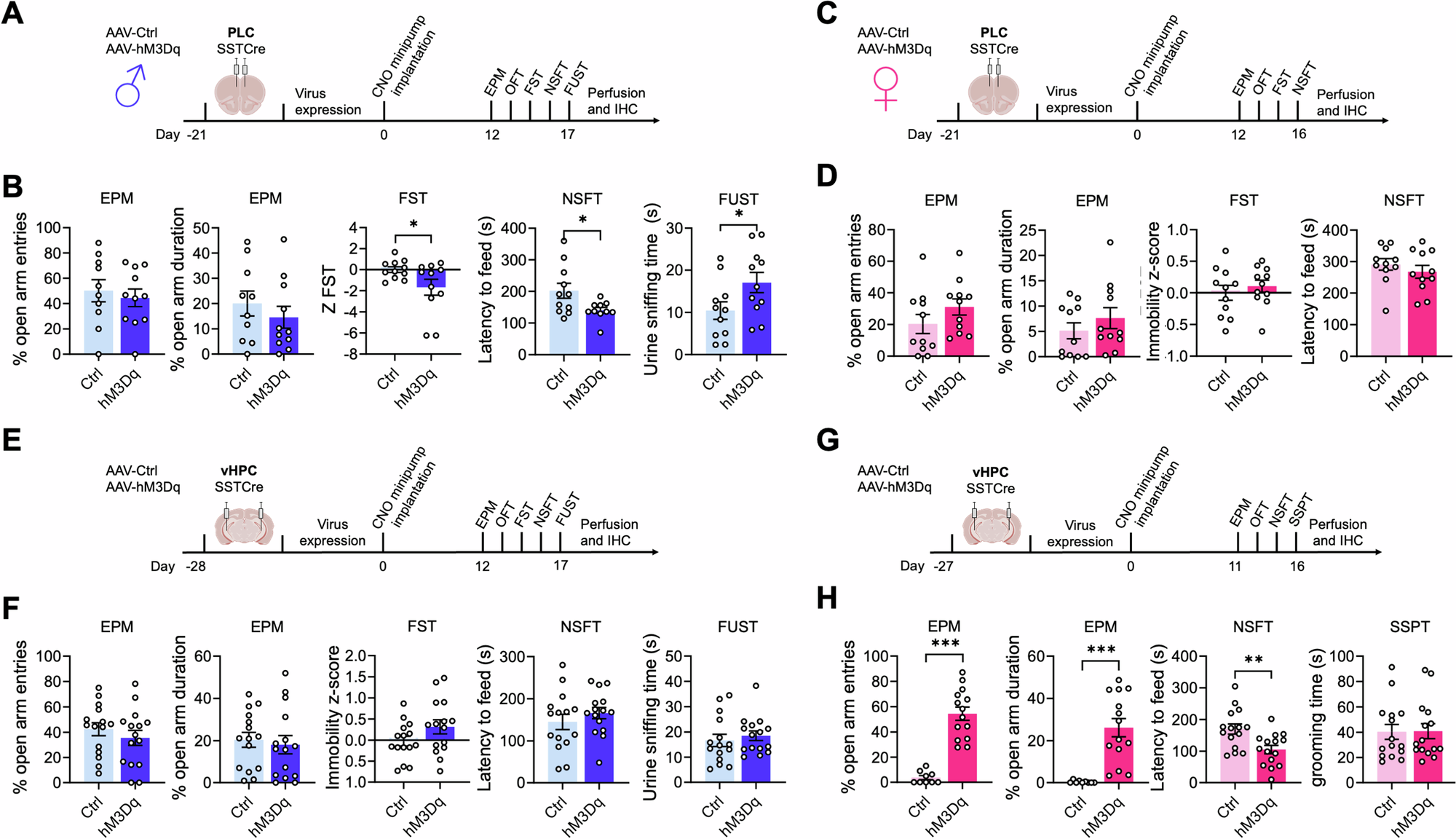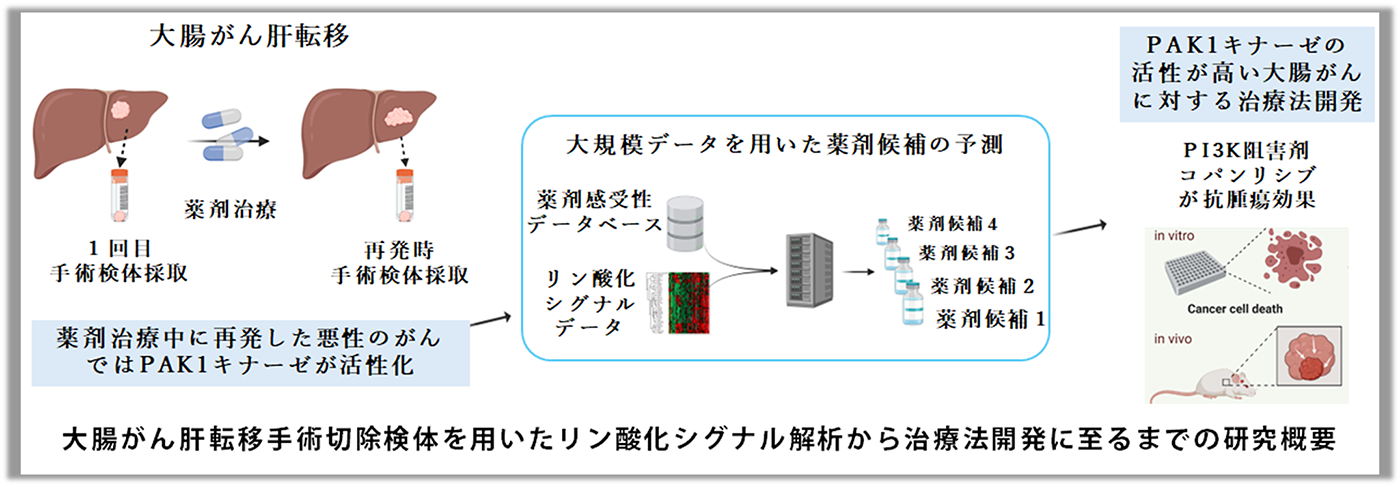2024-12-13 ペンシルベニア州立大学(PennState)
 A team led by Penn State researchers used principles of pulse monitoring in traditional Chinese medicine to design a pressure-sensing platform to identify the optimal pulse signal, which they combined with a machine learning model to also predict blood pressure. Credit: Provided by Huanyu “Larry” Cheng. All Rights Reserved.
A team led by Penn State researchers used principles of pulse monitoring in traditional Chinese medicine to design a pressure-sensing platform to identify the optimal pulse signal, which they combined with a machine learning model to also predict blood pressure. Credit: Provided by Huanyu “Larry” Cheng. All Rights Reserved.
<関連情報>
- https://www.psu.edu/news/engineering/story/old-wisdom-meets-new-tech-traditional-chinese-medicine-inspires-pulse-sensors
- https://onlinelibrary.wiley.com/doi/abs/10.1002/adma.202410312
中国伝統医学(中医学)に着想を得た自己適応型加圧式完全印刷ソフト圧力センサーアレイによる高信頼性個別化長期脈拍診断の実現 Traditional Chinese Medicine (TCM)-Inspired Fully Printed Soft Pressure Sensor Array with Self-Adaptive Pressurization for Highly Reliable Individualized Long-Term Pulse Diagnostics
Xin Wang, Guirong Wu, Xikuan Zhang, Fei Lv, Zekun Yang, Xueli Nan, Zengxing Zhang, Chenyang Xue, Huanyu Cheng, Libo Gao
Advanced Materials Published: 30 September 2024
DOI:https://doi.org/10.1002/adma.202410312
Abstract
Reliable, non-invasive, continuous monitoring of pulse and blood pressure is essential for the prevention and diagnosis of cardiovascular diseases. However, the pulse wave varies drastically among individuals or even over time in the same individual, presenting significant challenges for the existing pulse sensing systems. Inspired by pulse diagnosis methods in traditional Chinese medicine (TCM), this work reports a self-adaptive pressure sensing platform (PSP) that combines the fully printed flexible pressure sensor array with an adaptive wristband-style pressure system can identify the optimal pulse signal. Besides the detected pulse rate/width/length, “Cun, Guan, Chi” position, and “floating, moderate, sinking” pulse features, the PSP combined with a machine learning-based linear regression model can also accurately predict blood pressure such as systolic, diastolic, and mean arterial pressure values. The developed diagnostic platform is demonstrated for highly reliable long-term monitoring and analysis of pulse and blood pressure across multiple human subjects over time. The design concept and proof-of-the-concept demonstrations also pave the way for the future developments of flexible sensing devices/systems for adaptive individualized monitoring in the complex practical environments for personalized medicine, along with the support for the development of digital TCM.


